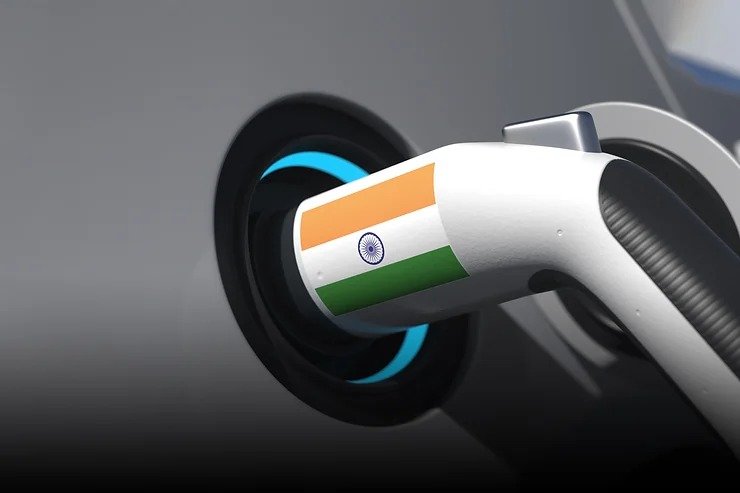Intelligent Transport Systems (ITS) have the potential to revolutionize the way transportation is managed and delivered in India. From improving road safety and reducing congestion to enhancing the efficiency of public transportation systems, ITS can offer numerous benefits to Indian cities. However, the impact of ITS is not limited to transportation alone. In this blog post, we will explore the potential impact of ITS on the Indian economy.
Improved Efficiency and Productivity
One of the most significant potential impacts of ITS on the Indian economy is improved efficiency and productivity. By reducing congestion and improving the efficiency of transportation systems, ITS can help businesses and industries operate more efficiently. This can lead to increased productivity, reduced costs, and improved competitiveness in both domestic and international markets.
Reduced Transportation Costs
Transportation costs are a significant contributor to the cost of goods and services in India. By reducing congestion and improving the efficiency of transportation systems, ITS can help reduce transportation costs. This can lead to lower prices for goods and services and increased purchasing power for consumers. Lower transportation costs can also make Indian businesses more competitive in both domestic and international markets.
Improved Road Safety
Road accidents are a significant problem in India, with an estimated 150,000 people dying each year due to road accidents. ITS systems such as intelligent speed adaptation, lane departure warning systems, and collision avoidance systems can help reduce the number of accidents on Indian roads. This can have a significant impact on the Indian economy by reducing the economic cost of accidents, such as medical expenses, lost productivity, and property damage.
Increased Public Transportation Usage
ITS can also have a significant impact on public transportation systems in India. By providing real-time information on bus and train schedules, ITS can make public transportation systems more efficient and reliable. This can lead to increased usage of public transportation systems, reducing the number of private vehicles on the roads and reducing congestion. Increased public transportation usage can also lead to lower transportation costs for consumers, making it easier for them to access jobs, education, and other services.
Improved Logistics and Supply Chain Management
ITS can also have a significant impact on logistics and supply chain management in India. By providing real-time information on the location and status of goods, ITS can help businesses manage their supply chains more efficiently. This can lead to reduced costs, improved delivery times, and increased customer satisfaction. Improved logistics and supply chain management can also help Indian businesses compete more effectively in both domestic and international markets.
Increased Investment in ITS
The deployment of ITS systems in India has the potential to create significant economic opportunities. As more ITS systems are deployed, there will be increased demand for ITS vendors, service providers, and infrastructure providers. This can lead to increased investment in the ITS industry, creating new jobs and business opportunities in India.
Conclusion
The potential impact of ITS on the Indian economy is significant. By improving efficiency and productivity, reducing transportation costs, improving road safety, increasing public transportation usage, improving logistics and supply chain management, and increasing investment in the ITS industry, ITS can help drive economic growth and development in India. However, realizing these benefits will require significant investments in ITS infrastructure and systems, as well as ongoing support from government and industry stakeholders. By working together, we can ensure that ITS plays a central role in the future development of the Indian economy.

